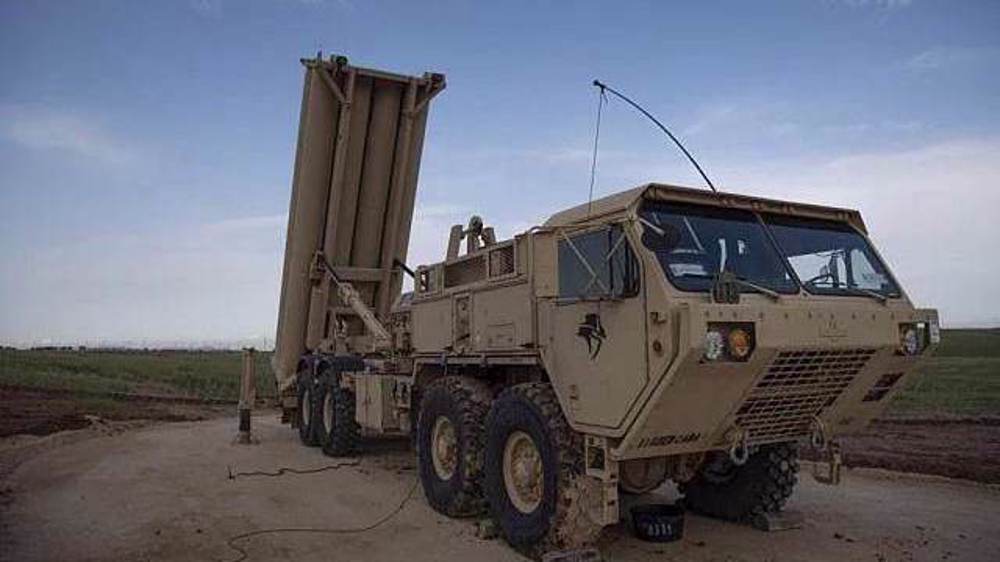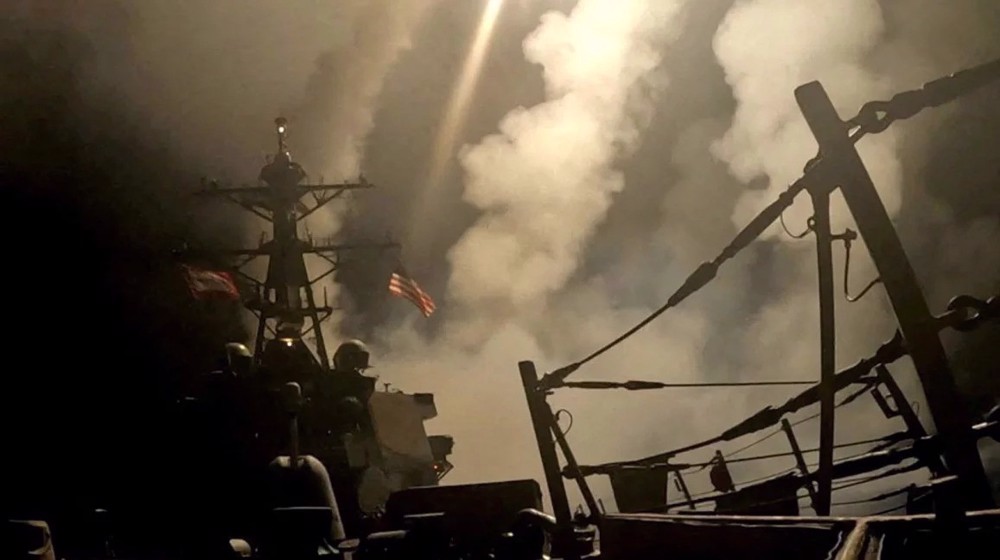'US nuclear weapons in Turkey at risk of seizure by hostile forces'
A large number of American nuclear weapons stored at Turkey’s Incirlik Air Base are at risk of being seized by "terrorists or other hostile forces," according to a Washington think tank.
The United States has stored about 50 atomic bombs at Incirlik in southern Turkey, about 110 kilometers from the border with Syria, where Washington and Ankara are engaged in a proxy war against the country, providing support to terrorist groups fighting against the Syrian people and government.
"Whether the US could have maintained control of the weapons in the event of a protracted civil conflict in Turkey is an unanswerable question," the Stimson Center, nonpartisan institution devoted to promote international peace, said in a report issued on Monday.
Incirlik Air Base is located near an urban area of 1.7 million people, and 32 kilometers from the Mediterranean Sea. The United States has deployed thousands of airmen and scores of fighter jets and drones at the strategically located facility.
Following a failed coup d'état against the government of President Recep Tayyip Erdogan Turkey, Ankara has reportedly cut off electricity to the air base. Ankara blames Washington for playing a role in the failed attempt.
Even before this incident, the Pentagon ordered families of US troops and civilian personnel deployed in southern Turkey to leave the region citing security concerns.
"From a security point of view, it's a roll of the dice to continue to have approximately 50 of America's nuclear weapons stationed at Incirlik Air Base in Turkey," report co-author Laicie Heeley said.
"There are significant safeguards in place. ... But safeguards are just that, they don't eliminate risk. In the event of a coup, we can't say for certain that we would have been able to maintain control," she told AFP.
The United States is purportedly maintaining the stockpile of nuclear weapons at Incirlik as a deterrent to Russia and to demonstrate Washington’s what it calls commitment to NATO.

"While we've avoided disaster so far, we have ample evidence that the security of US nuclear weapons stored in Turkey can change literally overnight," said Steve Andreasen, director for defense policy and arms control on the White House National Security Council staff from 1993 to 2001.
"There are no do-overs in history, but there are lessons," he wrote last week in the Los Angeles Times. "What if the Turkish base commander at Incirlik had ordered his troops surrounding the perimeter of the base to turn their guns on the US soldiers that reportedly guard US nuclear storage bunkers there?"
In an effort to dismiss persistent rumors that the US government played a role in the failed coup, American ambassador to Turkey John Bass said earlier this month Washington was not involved in the plot.
"I just want to say again, as I've said before and as we've said from Washington, the United States government did not plan, direct, support or have any advance knowledge of any of the illegal activities that occurred the night of July 15 and into July 16. Full stop," Bass said.

On July 15, a faction of the Turkish military declared it was in control of the country and the government was no more in charge. Tanks, helicopters, and soldiers then clashed with police and people on the streets of the capital, Ankara, and Istanbul. More than 300 people were killed on all sides in the attempted coup d’état that was gradually suppressed.
Washington has repeatedly denounced the claims of US involvement in the coup attempt as utterly false and harmful to bilateral ties.

US deploys second THAAD battery to Israel as tensions mount: Report

Yemen conducts fresh operation against US warships in Red Sea

US spent $1 billion on Yemen offensive with limited results: Report
Waqf Bill not just an attack on Indian Muslims but on India’s constitutional fabric: MP
Iran Army cmdr. visits southeast air base as Tehran vows to exact ‘heavy price’ from enemy
‘Undeterred’ by US aggression, Yemen threatens to expand scope of retaliation: US media
VIDEO | Israel kills two in attack on journalist tent near Gaza’s Nasser Hospital
Palestinian American teenager killed by Israeli forces in West Bank amid raging onslaught
US launches more airstrikes on various areas across Yemen
VIDEO | Press TV's news headlines
VIDEO | Parisians hold rally in support of Palestinians







 This makes it easy to access the Press TV website
This makes it easy to access the Press TV website